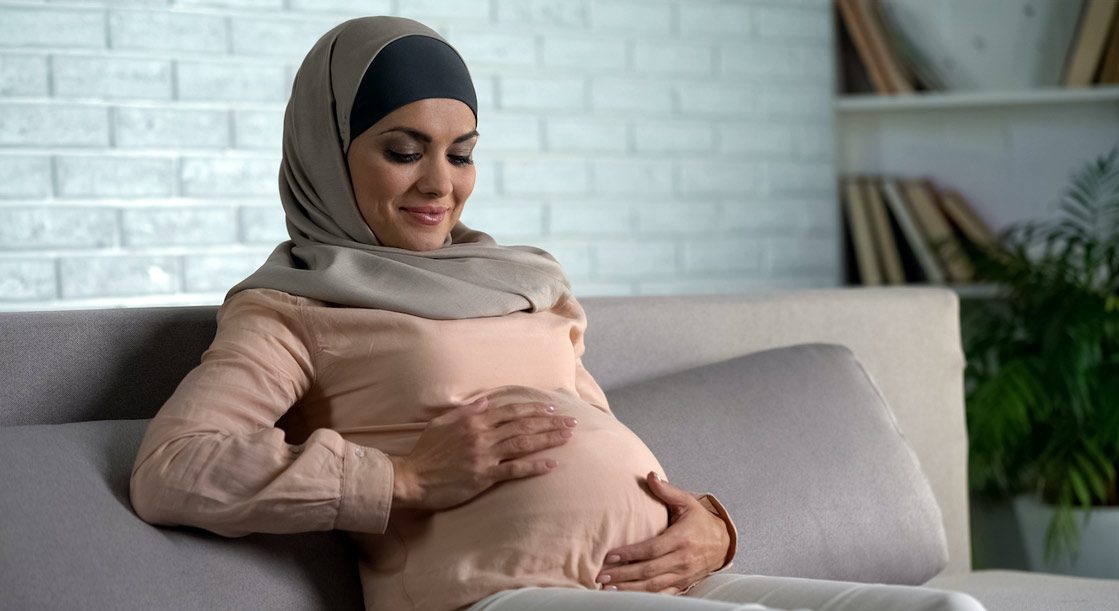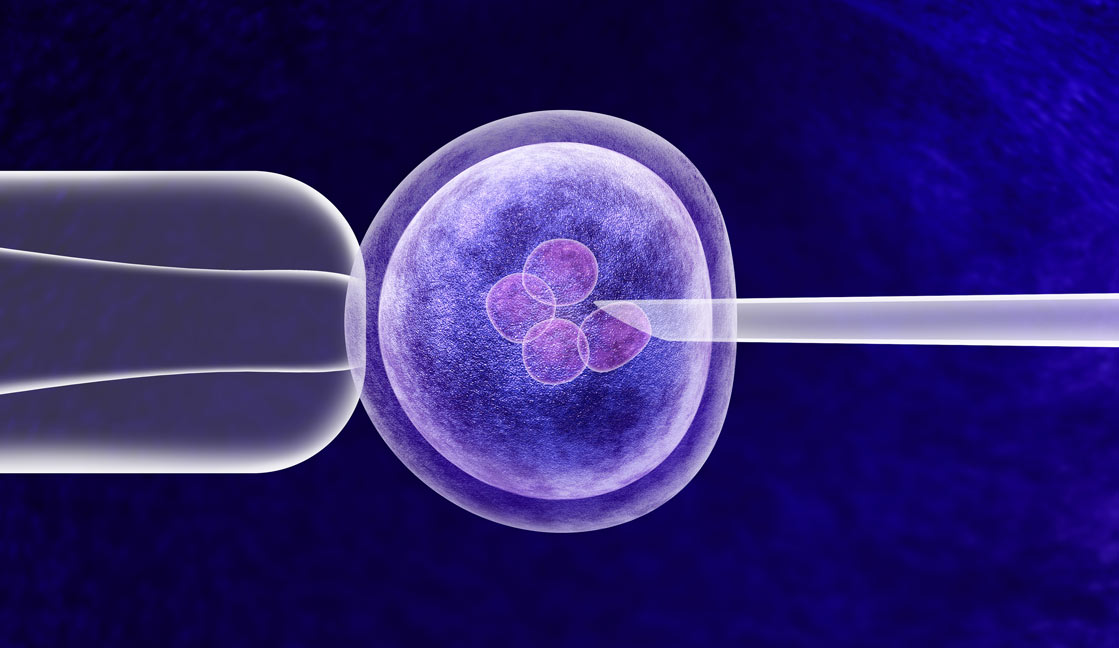An unsuccessful IVF cycle can be extremely disheartening, and take a toll on the mind and body. If you have experienced a failed IVF cycle, you may be wondering what went wrong, especially if you are hoping to try again.
In this blog post, we look at some of the most common reasons for IVF failure.
Here at The Fertility & Gynaecology Academy, we specialise and excel in complex infertility cases, including recurrent IVF failure. To book a consultation, please phone our clinic on 020 7224 1880.
Embryo arrest
In order for an embryo to develop normally, the sperm and egg need to be healthy and fertilisation needs to take place in an optimum environment. If this is not the case, cell division can be affected, resulting in embryo arrest (the embryo stops its development completely).
Chromosomal abnormalities account for a large percentage of embryo arrests, as well as fluctuations in the composition of the culture medium (the fluids in which eggs are placed after extraction).
Poor ovarian response
For a successful IVF cycle, the ovaries need to respond positively to IVF medication. A good response will see the patient producing an expected number of follicles (each follicle contains an egg). Poor ovarian response will see the patient producing too few or even no oocytes.
The most common reason for poor ovarian response is age. As a woman ages, her ovarian reserve diminishes, meaning that she is able to provide fewer egg cells that are capable of fertilisation. Whilst there are exceptions (some women are able to have a baby without IVF into their forties and even fifties), most women are likely to experience low ovarian reserve after a certain age.
Implantation issues
Successful implantation occurs when a healthy embryo is received by the lining of the uterus. Implantation issues can occur due to:
- Abnormalities in the anatomy of the uterus (for example, septate uterus, uterine fibroids, endometrial polyps)
- Rejection by the mother’s immune system
- Unresponsive endometrium (uterine lining), or an endometrium which is too thin
- Abnormalities in the ‘hatching’ process (where the blastocyst ‘hatches’ through the zona pellucida)
- Low sperm quality
What to do if your IVF was unsuccessful
If you have experienced failed IVF and want to know more about the reason for failure, it is possible to run tests to determine this. The main categories of testing as offered by the Fertility & Gynaecology Academy are: immune testing, infection screening, assessment of uterine cavity, karyotyping and sperm DNA fragmentation (the breaking of the DNA in the head of the sperm).
Alternative options following IVF failure
For women who have undergone cancer treatment, or suffer from malfunctioning ovaries, egg donation is an ideal option. This is where a donor woman’s healthy eggs are fertilised and implanted into the uterus of another woman, enabling her to become pregnant.
There is also the possibility of surrogacy, where a woman bears a child for another woman. This could be a suitable option for women who have experienced recurrent miscarriage or IVF failure, have an absent or notably abnormal uterus, or for same sex couples.
If you are concerned about IVF failure and would like to speak to one of our consultants, please contact us on 020 7224 1880.







